
University Sahi Hai is one of India’s fastest-growing abroad education platforms, committed to guiding ambitious students toward top global universities. With over 25,000 students already supported, we offer expert admission assistance, complete paperwork support, and personalized post-landing services including healthcare, education, and settlement help. We partner with 400+ universities, many exclusively and enroll 700 students annually, far surpassing regional averages. Our one-on-one counseling ensure every student gets tailored, high-quality support.
University Selection: Personalized suggestions based on academic background and career goals.
Application Assistance: Well-prepared applications to maximize acceptance chances.
Scholarship Guidance: Support in securing scholarships and financial aid.
Visa Assistance: Complete step-by-step visa application guidance.
Pre-Departure Support: Help with travel, accommodation, and settlement abroad.
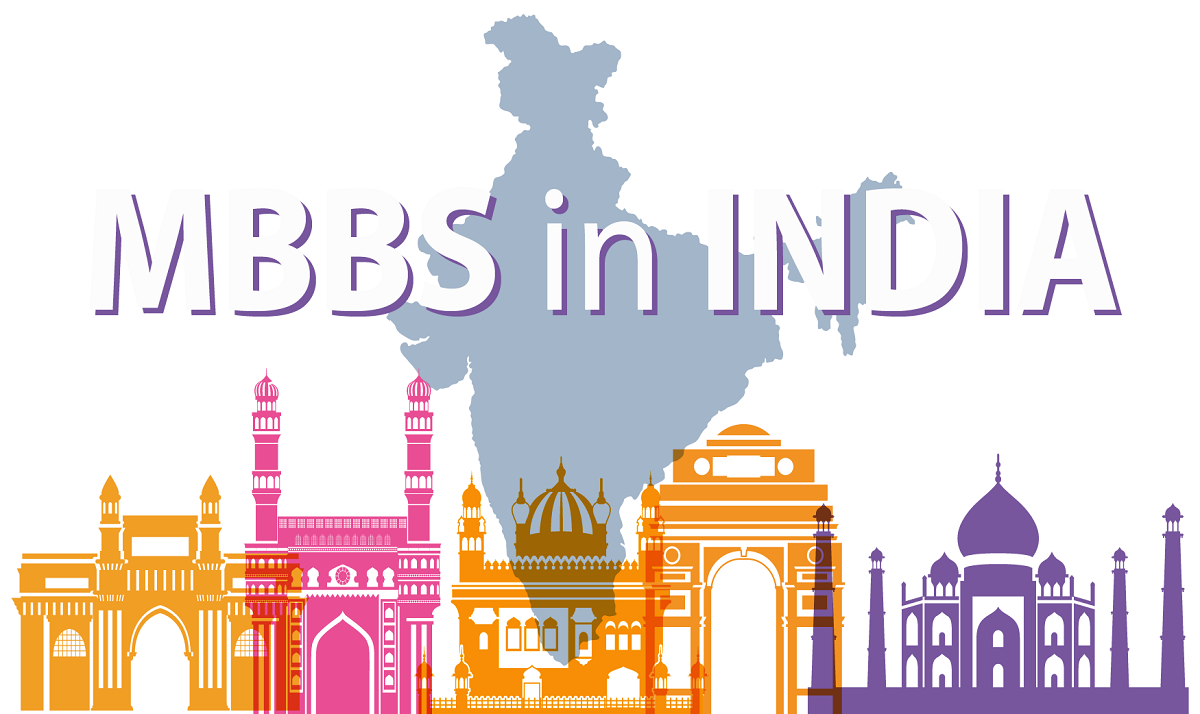
Are you ready to take the first step toward a rewarding career in medicine? Each year, thousands of aspiring students choose to pursue MBBS in India, drawn by world-class education, state-of-the-art infrastructure, and hands-on clinical training from experienced professionals and renowned faculty. Whether you're aiming for a government or private medical college, there are a wide range of options to match your goals, budget, and eligibility. Join the 3,500+ students we’ve already guided on their journey to becoming successful doctors. Discover top medical colleges, get expert guidance, and confidently start your path toward a brighter future in healthcare.
Dreaming of becoming a doctor? Studying MBBS abroad is now more accessible and affordable than ever before. With a wide range of globally recognized universities offering world-class education, modern infrastructure, and hands-on clinical exposure, students can receive top-tier training at a fraction of the cost compared to private medical colleges in India. Many countries provide English-medium courses, simplified admissions, and a multicultural environment that prepares students for international medical careers. Based on your NEET score, budget, and preferences, you can choose the destination that fits your goals. We've proudly guided over 2,500+ students toward becoming successful doctors.



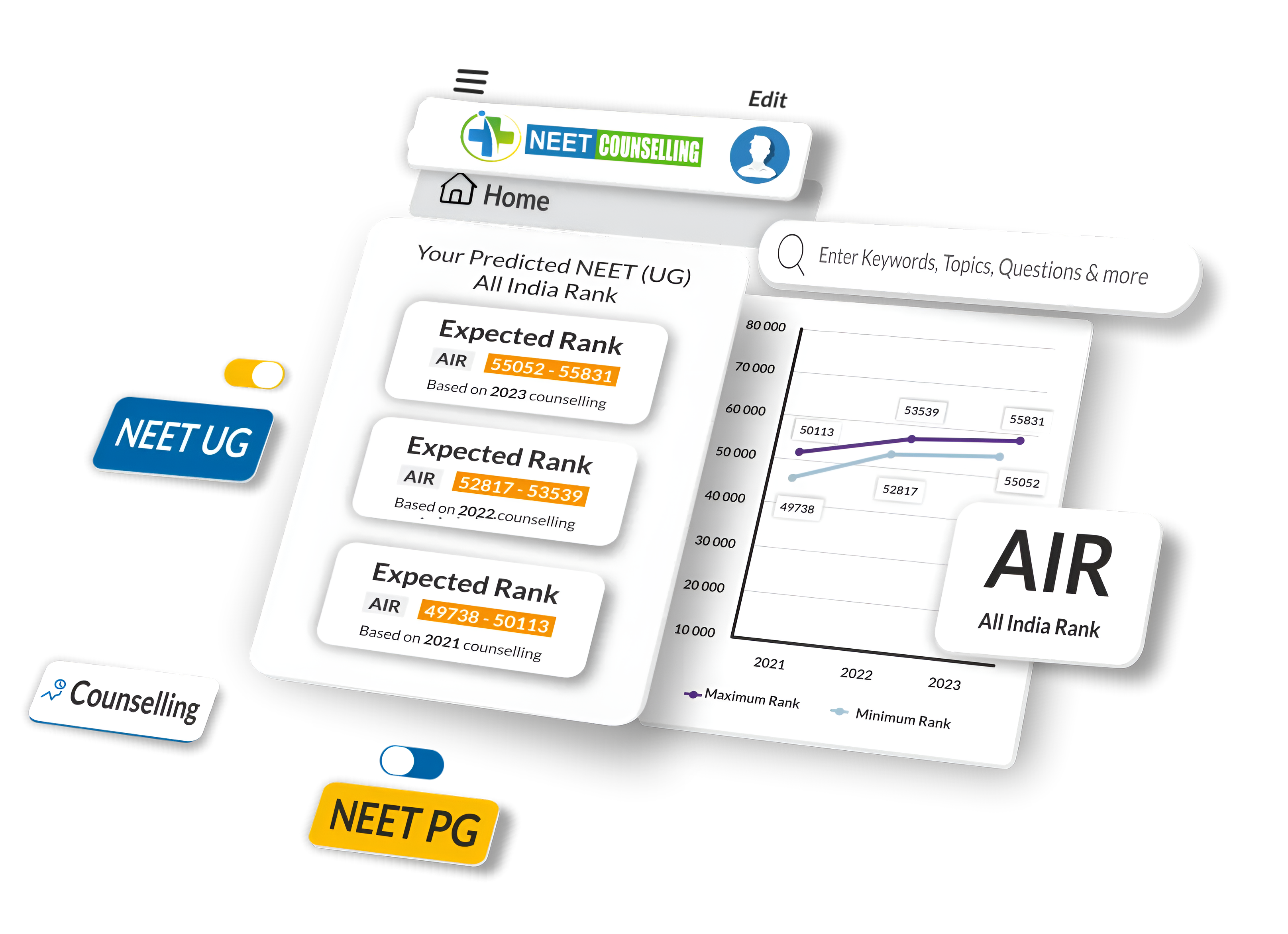
UniversitySahiHai.com’s 2025 NEET Rank Predictor is an advanced AI-powered tool designed to help medical aspirants estimate their NEET UG All India Rank (AIR) based on their expected scores. Using the latest trends and data from the past three years, the tool delivers accurate predictions. It empowers students to make informed choices during NEET counselling by comparing ranks, evaluating competition, and identifying suitable medical colleges.
Years of Experience in MBBS Abroad Counseling
Students Successfully Counseled for MBBS Abroad Admissions
Certified Counselors Specializing in MBBS Abroad Admissions
Students Admitted to Top Medical Universities Abroad
_-_Past_six_Year_-_Statistical_Analysis_(3).png)
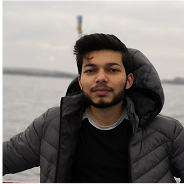
.jpeg)

.jpeg)
.jpeg)
.jpeg)
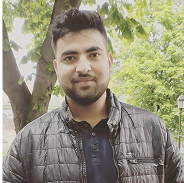



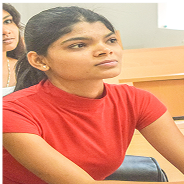
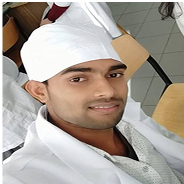
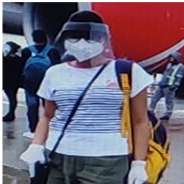

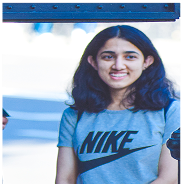
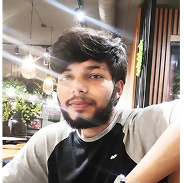

.jpeg)

.jpeg)
.jpeg)
.jpeg)










Join our club member community now to get free updates and also a lot of freebies are waiting for you or Contact Us
Q1. What is the minimum academic qualification required?
Most countries require students to have completed 10+2 (or equivalent) education with Physics, Chemistry, and Biology as core subjects. A minimum aggregate of 50% in PCB is usually needed, though it may vary slightly by country or university.
Q2. Is NEET mandatory for MBBS abroad?
Yes, for Indian students, qualifying the NEET (National Eligibility cum Entrance Test) is mandatory to study MBBS abroad. This rule is enforced by the National Medical Commission (NMC) to ensure eligibility for practicing in India after completing the course.
Q3. What is the age limit for MBBS abroad?
Generally, the student must be at least 17 years old by December 31st of the admission year. There is no upper age limit for admission abroad, but some universities or visa authorities may have their own rules.
Q4. Are entrance exams required for admission abroad?
Most countries like Russia, Georgia, Kazakhstan, etc., do not require an entrance exam for MBBS admission. However, countries like the USA or UK may need exams like the MCAT or UCAT.
Q5. Do students need a passport at the time of application?
Yes, having a valid passport is crucial during the admission process, as it's needed for the offer letter, visa application, and travel. Some consultants help students apply for a passport if they don't have one.
Q1. Can I practice in India after completing MBBS abroad?
Yes, but only if you clear the FMGE (Foreign Medical Graduate Exam) conducted by the NMC. This exam is required for recognition and practice in India after completing MBBS abroad.
Q2. What is the minimum NEET score required for MBBS abroad?
The NEET score requirement for studying MBBS abroad varies depending on the university and country. Generally, a score above the minimum NEET qualifying marks is needed, which is usually around 120-140 for general category students.
Q3. Are there any restrictions based on NEET attempts?
There are no restrictions on the number of NEET attempts for studying MBBS abroad, as long as the student has passed the exam in the last two years.
Q4. Does NMC have any guidelines for choosing a medical university abroad?
Yes, NMC lists approved universities for Indian students. The university must be included in the World Directory of Medical Schools (WDMS) to ensure the degree is recognized by NMC.
Q5. Is there a specific time frame for clearing FMGE?
There is no specific time frame for clearing the FMGE, but candidates must pass it to be eligible for medical practice in India. It is typically attempted after completing the MBBS course.
Q1. What are the most budget-friendly countries for MBBS?
Countries like Russia, Kyrgyzstan, Uzbekistan, and Georgia offer affordable tuition fees, making them great options for students seeking an inexpensive medical education abroad.
Q2. What is the average tuition fee for MBBS in Russia?
The tuition fees in Russia range from $3,000 to $8,000 per year, depending on the university and location. Some universities in smaller cities have lower fees compared to those in major cities.
Q3. Are scholarships available for MBBS students in these countries?
Many universities in countries like Russia and Kyrgyzstan offer merit-based scholarships that can reduce tuition fees, especially for outstanding students.
Q4. How much can I expect to spend on textbooks and supplies?
The cost of textbooks and study materials generally ranges from $100 to $500 per year, depending on the university and the program's specific requirements.
Q5. Are there hidden expenses when studying MBBS abroad in these countries?
Students should account for additional expenses such as visa fees, health insurance, and study materials, which may add approximately $500 to $1,000 annually.
Q1. Which countries are considered top choices for affordable MBBS?
Top choices include Russia, Georgia, Uzbekistan, Kyrgyzstan, and Kazakhstan. These countries offer quality medical education with globally recognized degrees at a fraction of the cost compared to Western nations.
Q2. What are the best medical universities in Russia for MBBS?
Some top affordable universities in Russia include Kazan Federal University, Tver State Medical University, and Bashkir State Medical University—all offering MBBS programs in English with modern facilities.
Q3. Which universities in Georgia are popular among international MBBS students?
Leading options in Georgia include Tbilisi State Medical University, Bau International University, and The University of Georgia, known for their English-medium MBBS programs and strong international student support.
Q4. What are some well-known MBBS universities in Uzbekistan?
Popular universities in Uzbekistan include Tashkent Medical Academy, Samarkand State Medical Institute, and Fergana State University, offering low tuition and NMC/WHO-recognized degrees.
Q5. What makes Kyrgyzstan a preferred destination for MBBS?
Kyrgyzstan is favored for its low cost and good academic standards. Top universities include Osh State University, Kyrgyz State Medical Academy, and International School of Medicine (ISM).
Q1. When should I start the application process?
It’s best to start the process at least 6-8 months before the intake session, as universities require time for processing documents, issuing offer letters, and arranging visas.
Q2. How do I choose the right university abroad?
Choose universities that are recognized by NMC, WHO, and listed in the World Directory of Medical Schools (WDOMS). Also, consider tuition fees, living costs, and language of instruction.
Q3. What documents are required for the application?
Commonly required documents include: Passport, 10th & 12th Mark Sheets, NEET scorecard, Passport-sized photographs, Medical certificate, HIV test report.
Q4. Is there an entrance exam for MBBS abroad?
Most universities in low-cost countries do not require entrance exams. Admission is typically based on academic performance and NEET qualification.
Q5. What is the next step after receiving the admission letter?
Once you receive the admission/offer letter, you must pay the initial fee, apply for a student visa, and prepare for travel and accommodation arrangements in the destination country.